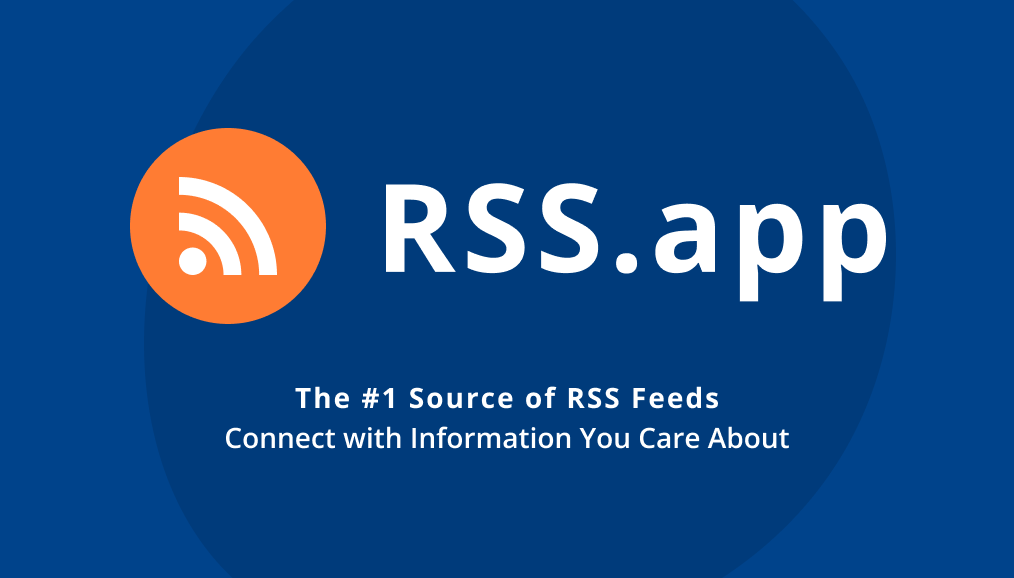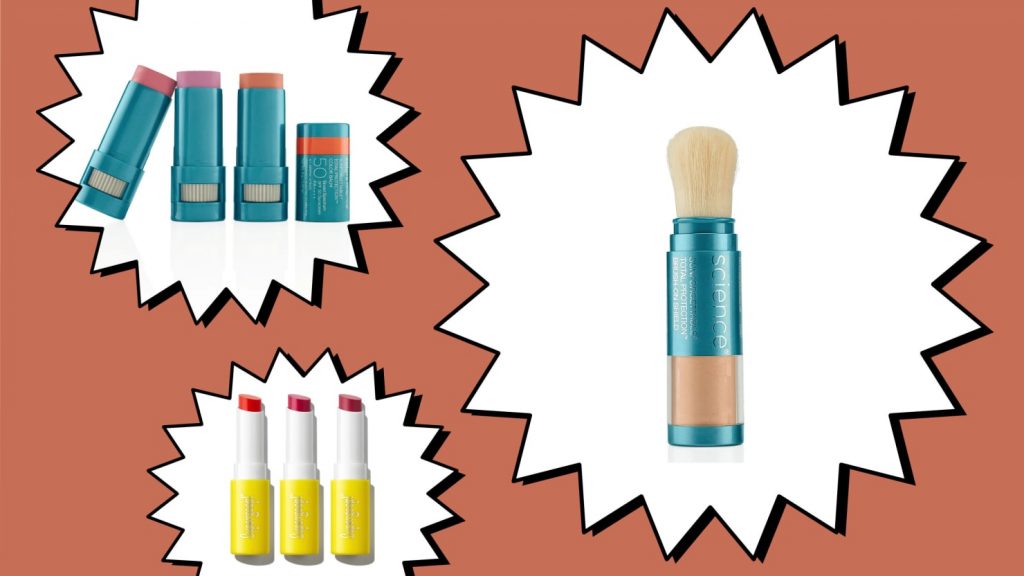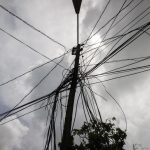Australian boy questioned after explicit deepfakes of schoolgirls shared online

Sydney
CNN
—
Australian authorities are investigating the distribution of deepfake pornographic images of around 50 schoolgirls, allegedly created by a teenager using artificial intelligence.
The discovery comes as the federal government pushes for new laws to impose prison sentences on offenders who create and share images made by AI tools to humiliate and denigrate victims.
Other countries, including the United States, are attempting to address an alarming rise in deepfake porn, where nude deepfakes of schoolgirls have been created and shared – in some instances, allegedly by schoolboys.
Victoria Police confirmed they had arrested and released a teenager “in relation to explicit images being circulated online” pending further inquiries.
The images were reportedly created using photos posted to social media of 50 female students of Bacchus Marsh Grammar, a co-educational school on the outskirts of Melbourne in Victoria.
The school’s principal Andrew Neal told the Australian Broadcasting Corporation (ABC) that the victims were girls in grades 9 to 12, indicating a possible age range of between 14 and 18.
The boy’s age and identity are unknown, but Neal told the ABC that “logic would suggest that the [offender] is someone at the school.”
Speaking to the ABC on Wednesday, the mother of a 16-year-old female Bacchus Marsh Grammar student, whose image wasn’t used, said her daughter vomited when she saw the “mutilated” pictures online.
“I went and picked my daughter up from a sleepover and she was very upset, and she was throwing up and it was incredibly graphic,” the mother told ABC Radio Melbourne, giving only her first name, Emily.
The school said in a statement that it was offering counseling to the students and assisting police with their investigation.
“The wellbeing of Bacchus Marsh Grammar students and their families is of paramount importance to the school and is being addressed,” the statement said.
Social media companies, including X and Meta say all nonconsensual pornography is banned on their platforms, but explicit AI-generated images continue to quickly spread online.
Last November, New Jersey high school student Francesca Mani, 14, led public demands for a federal crackdown in the US against AI-generated deepfake pornography, saying images of her and dozens of her classmates at Westfield High School had been manipulated.
High-profile victims of explicit doctored images include Taylor Swift and New York Congresswoman Alexandria Ocasio-Cortez.
In March, Ocasio-Cortez introduced federal legislation – the Disrupt Explicit Forged Images and Non-Consensual Edits Act of 2024 (DEFIANCE Act) – to give victims the power to sue people who create non-consensual deepfakes of them.
However, the bi-partisan legislation, backed by senior Republicans, failed to pass a motion for unanimous consent Wednesday, according to a statement by the Senate Committee on the Judiciary.
Victoria is the only Australian state where sharing deepfake pornography is a criminal offense.
In 2022, the state government introduced three-year jail terms for using technology to generate or share child abuse material, or sexually explicit material without consent.
This month, the Australian government introduced legislation to criminalize the distribution of deepfake pornography nationwide.
Under the proposed law, offenders could face up to six years in prison for sharing non-consensual sexually explicit deepfake material.
If the offender has also created the deepfake content that is shared without permission, the sentence could rise to seven years in prison.
It’s part of the country’s response to gender-based violence that Prime Minister Anthony Albanese has called a “national crisis.”
So far this year, 35 women have been killed, according to the Counting Dead Women project – many allegedly by current or former partners.
Just last month, the state government appointed a Parliamentary Secretary for Men’s Behavior Change, in an Australian first.
On his appointment, MP Tim Richardson said he would focus on the impact of the internet and social media on men’s attitudes toward women.
In a statement on Wednesday, Victoria State Premier Jacinta Allan said the alleged actions of the teenager were “disgraceful and misogynistic.”
“Women and girls deserve respect in class, online and everywhere else in our community, which is why we have made laws against this behavior and we are teaching respectful relationships in schools to stop violence before it starts,” Allan said.










